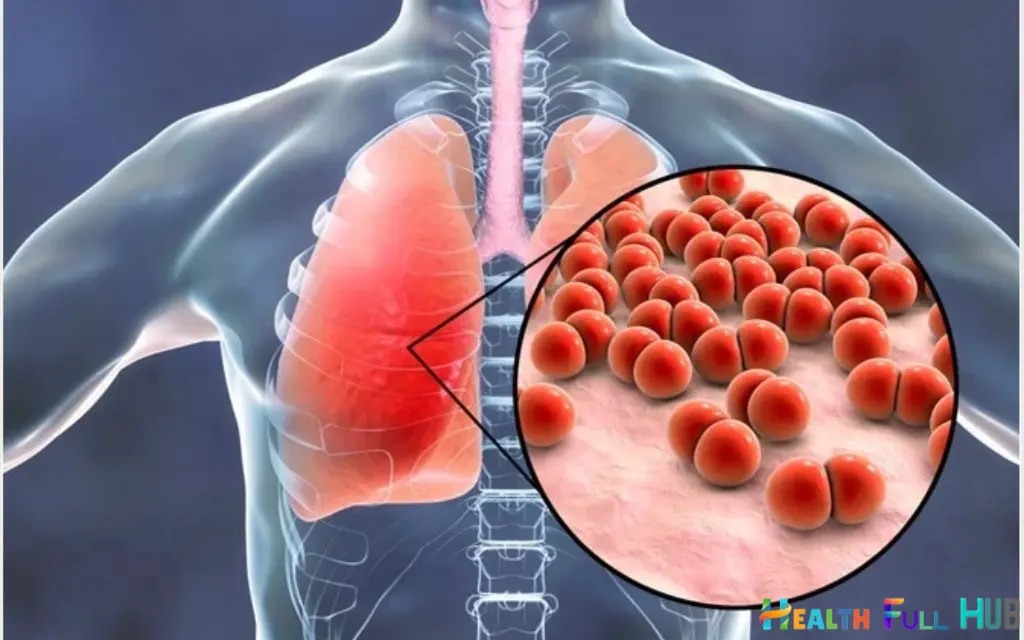Introduction
How to Avoid a Chest Infection Common types contain bronchitis and pneumonia, that can cause symptoms in the way that cough, box for storage pain, trouble alive, and fatigue. While anyone can expand a box for storage contamination, those with tired immune arrangements, the elderly, and young adolescents are specifically ready. In this item, we’ll cover comprehensive steps to help you prevent box for storage contaminations, including behavior tips, cleanliness practices, and organic remedies.
What is a Chest Infection?

A heart contamination is an inflammation in the lower respiring lot, affecting the body part or alveoli. Bacterial or viral pathogens are frequently the fugitives. Chest infections range from gentle bronchitis, that concede possibility clear up on allure own, to more harsh pneumonia that might demand healing treatment. The most accepted syndromes include a continuous cough, that be authorized produce mucus, delirium, trouble breathing, and breast discomfort.
Why Prevention is Important
Prevention is best choice policy, as chest contaminations can bring about difficulties like respiratory loss or infection of blood if abandoned not cooked, especially invulnerable things. By following deterrent measures, you can reduce the risk of contamination, lower the asperity of syndromes if you do get sick, and boost your overall respiring strength How to Avoid a Chest Infection.
Tips to Avoid a Chest Infection
Maintain Good Hygiene
One of the most effective ways to avoid infections, including chest infections, is to practice good hygiene.
- Handwashing: Wash your hands frequently, especially before eating and after being in public places. .
- Use Hand Sanitizer: When soap and water aren’t available, use an alcohol-based hand sanitizer with at least 60% alcohol content.
Get Vaccinated
Vaccinations can protect against certain pathogens that cause chest infections, such as the flu virus and pneumococcal bacteria. Getting vaccinated is particularly important for:
- Seasonal Flu Vaccine: The flu vaccine can reduce the risk of influenza, which often leads to secondary respiratory infections like pneumonia.
- Pneumococcal Vaccine: For high-risk individuals, the pneumococcal vaccine can help prevent pneumonia and other related infections.
Boost Your Immune System
A strong immune system can fight off pathogens more effectively.
- Healthy Diet: A balanced diet rich in fruits, vegetables, lean protein, and whole grains provides essential nutrients like vitamins C and D, zinc, and antioxidants.
- Stay Hydrated: Drinking water keeps your mucous membranes moist, helping your body eliminate germs more effectively.
- Sleep Well: Aim for 7–9 hours of quality sleep per night, as sleep is crucial for immune function.
- Exercise Regularly: Moderate physical activity boosts circulation and immune response, helping to fend off infections.
Avoid Smoking and Limit Alcohol Intake
Smoking damages the respiratory system and impairs the body’s ability to filter out bacteria and viruses, making you more susceptible to chest infections. If you smoke, consider quitting. Secondhand smoke exposure should also be avoided, as it can cause similar effects.
Excessive alcohol intake weakens the immune system, making it harder for your body to fight infections. Limiting alcohol can reduce this risk.
Practice Respiratory Etiquette
Practicing good respiratory etiquette can reduce the spread of respiratory infections to you and others.
- Cover Your Mouth and Nose: Always cover your mouth and nose with a tissue or your elbow when coughing or sneezing to prevent spreading droplets.
- Dispose of Tissues Properly: Used tissues should be disposed of immediately to minimize the spread of bacteria and viruses.
- Wear a Mask in Crowded Places: In places with high transmission risks, such as public transportation, wearing a mask can protect you from airborne infections.
Minimize Exposure to Sick Individuals How to Avoid a Chest Infection
Whenever possible, avoid close contact with people who are visibly sick. If someone in your household is ill, take steps to protect yourself, such as:
- Ventilate Shared Spaces: Keep windows open to allow fresh air to circulate.
- Disinfect Common Surfaces: Regularly clean surfaces like doorknobs, counters, and remote controls with disinfectant.
Keep Indoor Air Clean and Humidified
Consider these tips to improve air quality:
- Use a Humidifier: Adding moisture to the air can keep your respiratory tract hydrated, which helps reduce the risk of infections.
- Clean and Ventilate Your Home: Regularly dust and vacuum to reduce allergens and airborne particles.
- Avoid Indoor Pollutants: Minimize the use of indoor pollutants such as scented candles, incense, and aerosol sprays, which can irritate the respiratory tract.
Manage Stress Levels
Chronic stress can suppress immune function, increasing your susceptibility to infections. Manage stress through activities such as:
- Exercise: Physical activity releases endorphins, which can help reduce stress.
- Mindfulness Practices: Meditation, deep breathing, and yoga can calm the mind and support immune health.
- Stay Connected: Social connections can provide emotional support, which is beneficial for mental health.
Stay Informed About Health Trends
Being aware of current fitness flows and outbreaks can help you take preventive operation, in the way that wearing masks or preventing sure extents. Follow reputable strength arrangings and revises from your local health area to stay conversant.
Consider Natural Remedies
Some natural remedies and supplements may help support respiratory health:
- Ginger and Turmeric: These have anti-inflammatory properties that can help soothe the airways.
- Honey: Honey is known to have antimicrobial properties and can soothe a sore throat.
- Garlic: Garlic has immune-boosting effects and may help prevent respiratory infections.
Frequently Asked Questions
How can I tell I have a chest infection?
Symptoms of a chest infection can include a persistent cough (with mucus), chest pain, fever, fatigue, and difficulty breathing. If symptoms worsen or last longer than a week, consult a healthcare provider.
Can I get a chest infection from someone who has a cold?
Yes, chest infections are often caused by viruses and bacteria that spread through droplets. If you are around someone with a cold, flu, or another respiratory infection, you are at risk of contracting the infection.
How effective are masks in preventing chest infections?
Masks can be very effective in preventing respiratory infections by blocking droplets from reaching your mouth and nose. Wearing masks in crowded or high-risk areas can significantly reduce your risk.
Is it safe to exercise when I have a chest infection?
If you have a mild chest infection, light activities like walking may be fine, but avoid intense exercise as it can strain your body. Rest is often best during a chest infection to allow your immune system to focus on recovery.
Are there any foods that help prevent chest infections?
Yes, foods rich in vitamins C and D, zinc, and antioxidants can help boost your immune system. These include citrus fruits, berries, leafy greens, nuts, and seeds.
Final Thoughts
Preventing a chest infection requires a combination of good hygiene, a healthy lifestyle, and minimizing exposure to respiratory pathogens. By following the tips outlined in this article, you can reduce your risk and keep your lungs healthy.



